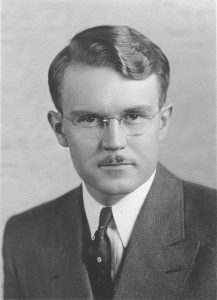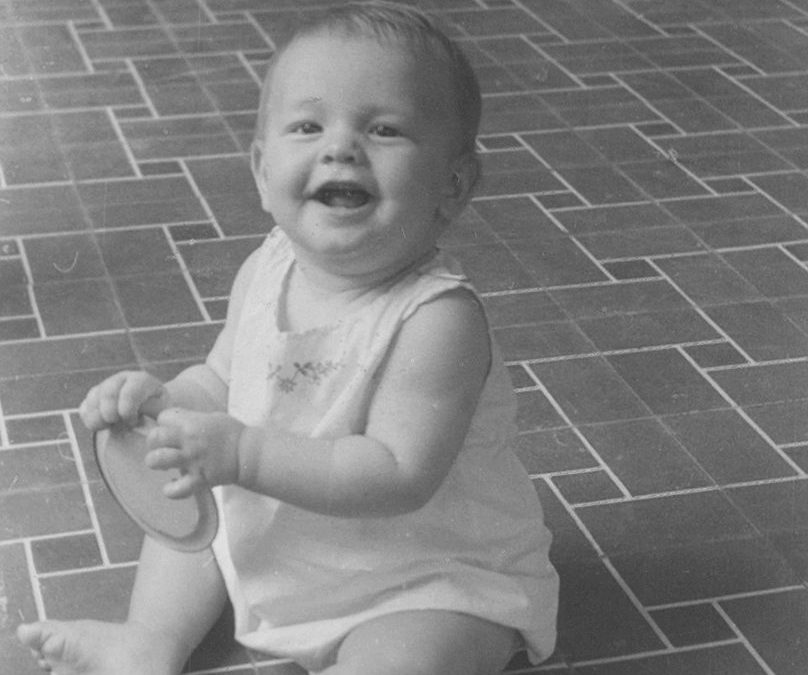Here I am, learning to be perfect!
“The opposite of joy is not sadness. It’s perfectionism.”
That’s what Susie Rinehart, author of Fierce Joy said to me today when I interviewed her for my upcoming podcast season.
I know all about perfectionism. I never got anything less than an A in school. That’s right. Grade school, high school, college and graduate school—all As. And I’m not really that bright. In fact, I had to work hard to get those As. Because I wanted to be perfect.
Correction: Because I felt I needed to be perfect.
Here’s how it went. Education was important to my parents. As far back as I can remember, I decided that if I was perfect in school, they would give me the attention and love I so deeply yearned for.
Did it pay off? Well, I did get a good education, which has given me choices in life that I otherwise might not have had. And it probably gave my deeply conservative Mennonite missionary parents one less thing to be concerned about in the midst of our ongoing fights during my youth.
So yes, there are payoffs to perfectionism. According to a recent Harvard Business Review article, perfectionists strive to produce flawless work, and they also have higher levels of motivation and conscientiousness than non-perfectionists.
But here’s the other side of it. Inflexibly high standards often lead to higher levels of stress, burn out and anxiety as my self-worth is contingent on performing perfectly. An article in Psychology Today reinforced my experience that perfectionism makes life an endless and critical report card on accomplishments. Even when I meet and exceed my goals, it’s easy to still be unsatisfied and self-critical.
And here’s the worst part. My perfectionism drives me to demand ever higher levels of performance of myself, yes. But as a perfectionist, I also too often hold unreasonably high performance expectations for others around me. And you know what that gets me: Frustration and resentment all around.
My father was a perfectionist, so I had a living model of how it’s done. If he saw something as God’s work, no challenge was too great for him to take on, and he always made sure it was done “right” – right according to his own strong convictions, of course. Looking back, no wonder he became so angry with us kids when our efforts didn’t live up to his demanding standards.

My Father the perfectionist
Today I wonder if there’s any way to win as a perfectionist. Maybe I needed a certain amount of it to become successful early in my life. But if I continue to cling to it, it will steal my joy. At some point, the challenge is for me to learn to shatter that perfect brittle shell so that “liberating molten gold can ooze through cracks,” as the brilliant poet Zarina Dara recently wrote:
Unbroken
Perfection’s glare
brittled her to porcelain
ㅤㅤdashed
against the wall —
ㅤㅤliberating molten gold
ㅤㅤoozed through cracks —
reshaping shattered pieces
ㅤㅤin tranfigured form —
illuminating imperfection —
ㅤㅤprecious
ㅤㅤscars
ㅤㅤof light.
© Zarina Dara 2019


Will you also have to be perfect as you “shatter that perfect brittle shell”? It is certainly a major challenge to give up that which has produced ongoing success in our lives.
You mean “perfectly shatter the shell?” Now that’s really taking perfectionism to an extreme:-)
Hey, I’m surprised you didn’t mention a simple but profound saying that I learned in graduate school & try to teach my students: “the perfect is the enemy of the good.” Your father would have cringed, but I’ve found it sometimes unblocks my students when they want to spend “just one more day on this.” Or “just one more draft.”
Of course, there’s also MY father’s saying, which I remember first hearing when i was in junior high: “good enough for government work.” Now THAT is probably too much — but the fact that I still bring it up several times a week indicates that it had an impact on me.
Ah yes, what we tell our students and what we hear our fathers saying to us are often two very different things!!
But note how the two comments nicely dovetail — both are reminding us that the pursuit of perceived perfection can get us into a whole lot of trouble!
Amen!